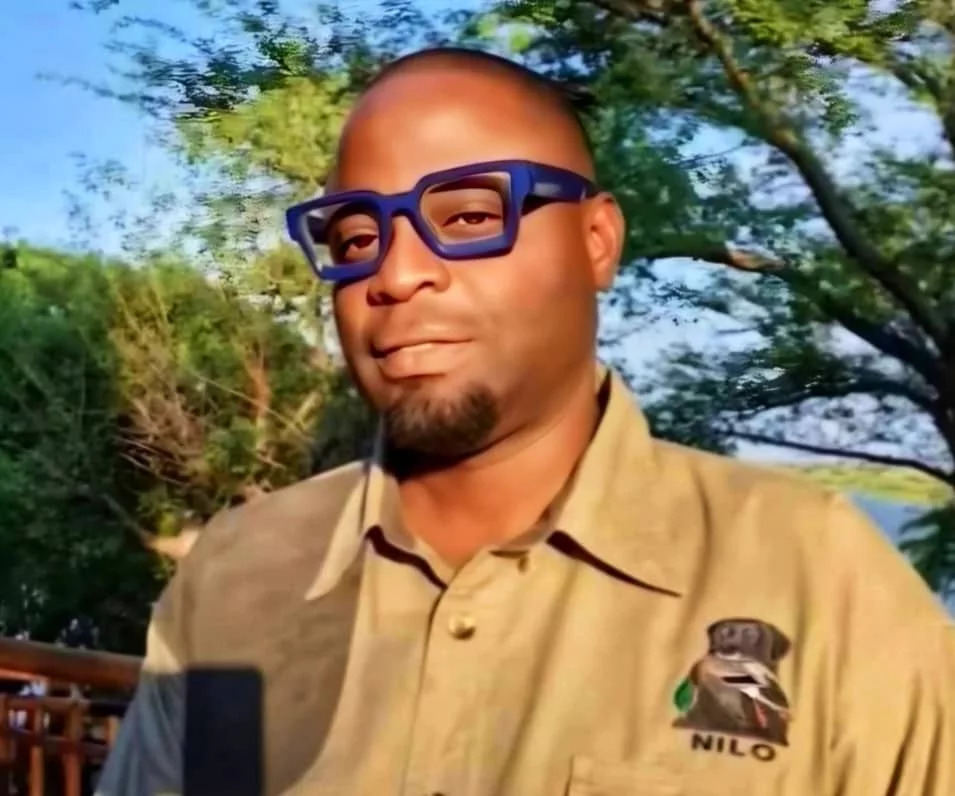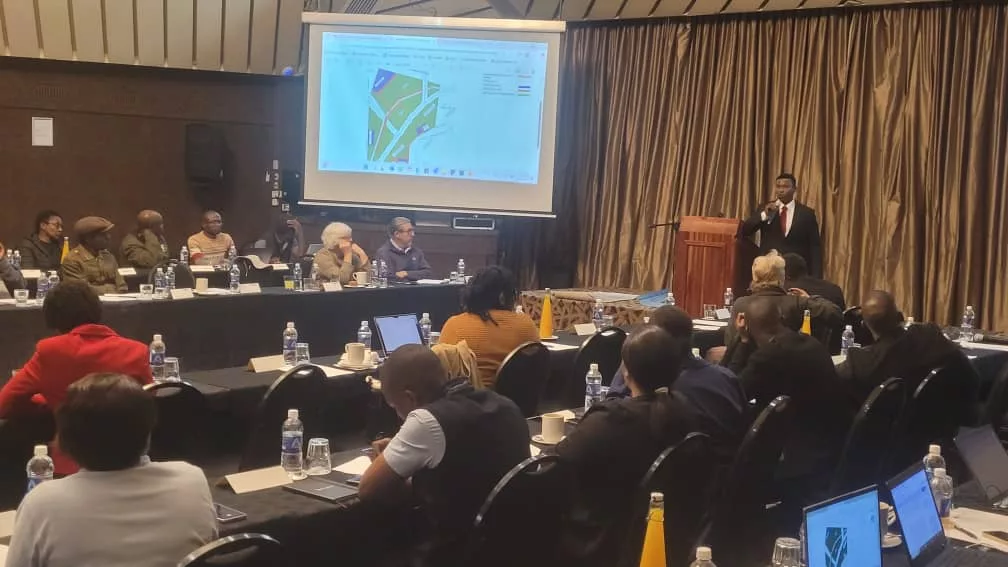|
Getting your Trinity Audio player ready...
|
Harare, Zimbabwe – 27 June 2025 – Regional leaders and stakeholders converged in Harare on Friday for the Ordinary Meeting of SADC Ministers Responsible for Gender and Women’s Affairs, with a clear and urgent call for bold, practical action to advance gender equality and women’s empowerment across Southern Africa.
Officially opening the meeting, Zimbabwe’s Minister of Women Affairs, Community, Small and Medium Enterprises Development, Hon. Senator Monica Mutsvangwa, welcomed delegates from across the SADC region, UN agencies, civil society organisations, and development partners. She reflected on the region’s progress while highlighting the stark challenges that remain.
Minister Mutsvangwa commended the strides made under the SADC Protocol on Gender and Development, revised in 2016, describing it as a “solemn obligation” for member states. She celebrated milestones including stronger responses to gender-based violence (GBV), increased women’s participation in leadership, and notable individual achievements such as the inauguration of Namibia’s President Netumbo Nandi-Ndaitwah—the second female head of state in the region—and Zimbabwe’s own Hon. Kirsty Coventry, recently elected as the first African and youngest president of the International Olympic Committee.
However, the Minister did not shy away from confronting the region’s persistent and emerging challenges. She pointed to the ongoing high prevalence of GBV, shortfalls in achieving the 50/50 target for women in political and decision-making roles, gaps in digital literacy for girls, and the disproportionate impact of HIV/AIDS on women and girls, with Southern Africa bearing 44% of global infections.
“While we celebrate those milestones, we are at a pivotal moment that calls for bold action,” Minister Mutsvangwa urged. She warned of an “unprecedented backlash on gender equality” globally, coupled with declining funding for women’s programmes, threatening to erode hard-won gains.
She called on SADC Ministers to intensify efforts along several strategic avenues:
– Revitalising the Commission on the Status of Women (CSW) to strengthen global accountability and coherence;
– Preparing ambitious, financed national commitments for the High-Level Meeting on Gender Equality at the 80th UN General Assembly;
– Transforming domestic resource mobilisation to sustainably fund women’s empowerment initiatives;
– Actively engaging men and boys to promote positive masculinity and eliminate harmful norms.
– Accelerating progress in women’s participation in politics, and fully implementing the Women, Peace and Security agenda under UN Security Council Resolution 1325; and
– Ratifying and domesticating the new African Union Convention on Ending Violence against Women.
“The time is now for us to strategically shape the future of our region,” she stressed, declaring the meeting officially open and calling for “successful and impactful deliberations.”
SADC Secretariat Highlights Strategic Priorities and Calls for Action
Speaking on behalf of SADC Executive Secretary Elias Magosi, Dr. Judith Kateera, SADC Deputy Executive Secretary for Corporate Affairs, echoed the Minister’s call for renewed commitment and practical action.
Dr. Kateera acknowledged Zimbabwe’s leadership and hospitality in hosting the meeting, noting its importance as the region embarks on the Mid-Term Review (MTR) of the Regional Indicative Strategic Development Plan (RISDP) 2020–2030.
“This review exercise will be undertaken with empowerment of women and girls in mind,” she said, urging ministers to actively contribute to shaping the region’s priorities for the next five years.
While recognising encouraging progress in women’s political participation and leadership in the public sector, Dr. Kateera highlighted persistent challenges. GBV remains alarmingly high, and there is a critical need to revise outdated frameworks and strengthen the implementation and financing of prevention initiatives.
She informed the meeting that the SADC Secretariat would present updated drafts for two key frameworks – the Framework for Achieving Gender Parity in Politics and Decision-Making, last adopted in 2008; and the Regional Strategy and Framework of Action for Addressing GBV (2018–2030), which recently underwent a Mid-Term Review to identify lessons and best practices.
Dr. Kateera also underscored progress in other areas, such as the Gender Equality Seal for Public Institutions and the Regional Multi-Dimensional Women’s Economic Empowerment Programme, but stressed that sustainable concessional funding remained a major gap.
She drew attention to the importance of gender-disaggregated data for informed policy-making, highlighting efforts like the launch of a Gender Statistics Toolkit. On peace and security, she applauded the establishment of the Network of Women Mediators in Southern Africa and urged all member states to adopt and implement National Action Plans under UN Security Council Resolution 1325.
While praising the region’s progressive policies and frameworks, Dr. Kateera issued a sober reminder: “Implementation and enforcement of laws by Member States has been notably low.” She urged countries to integrate these frameworks into national legislation to turn commitments into real change.
Before concluding, she challenged delegates to address the crucial question of funding for gender equality programmes. “We now need to move away from some rhetoric in our empowerment programmes to practical action that leaves no Member State behind,” she said.
She closed her address with a strong appeal for regional unity and determination:
“Let us reaffirm our commitment to creating a region where gender equality is not merely an objective but a lived reality for every woman and girl in the SADC region. Together, we can ensure that no one is left behind on the path to inclusive and equitable regional development.”
The meeting ends today in Harare, with ministers, officials, and partners set to deliberate on concrete measures to advance gender equality and women’s empowerment across Southern Africa.






